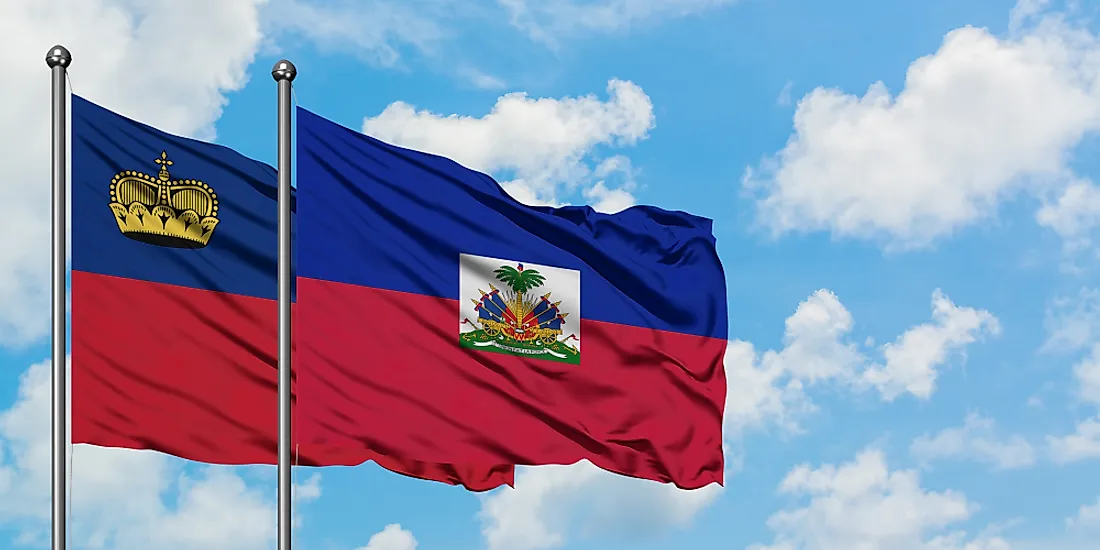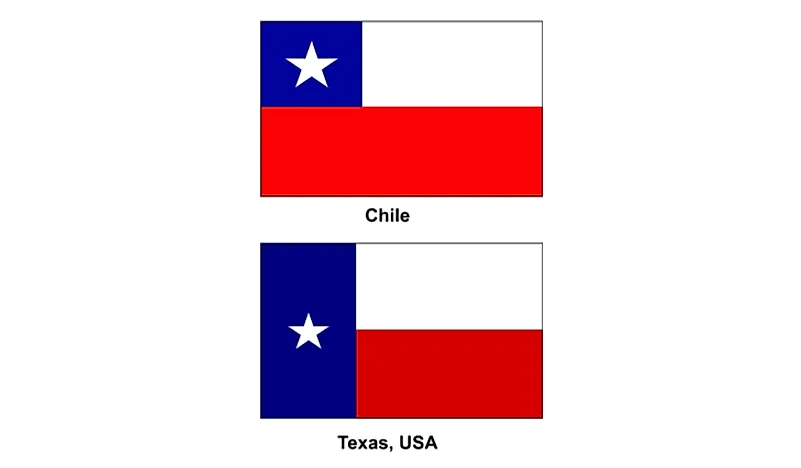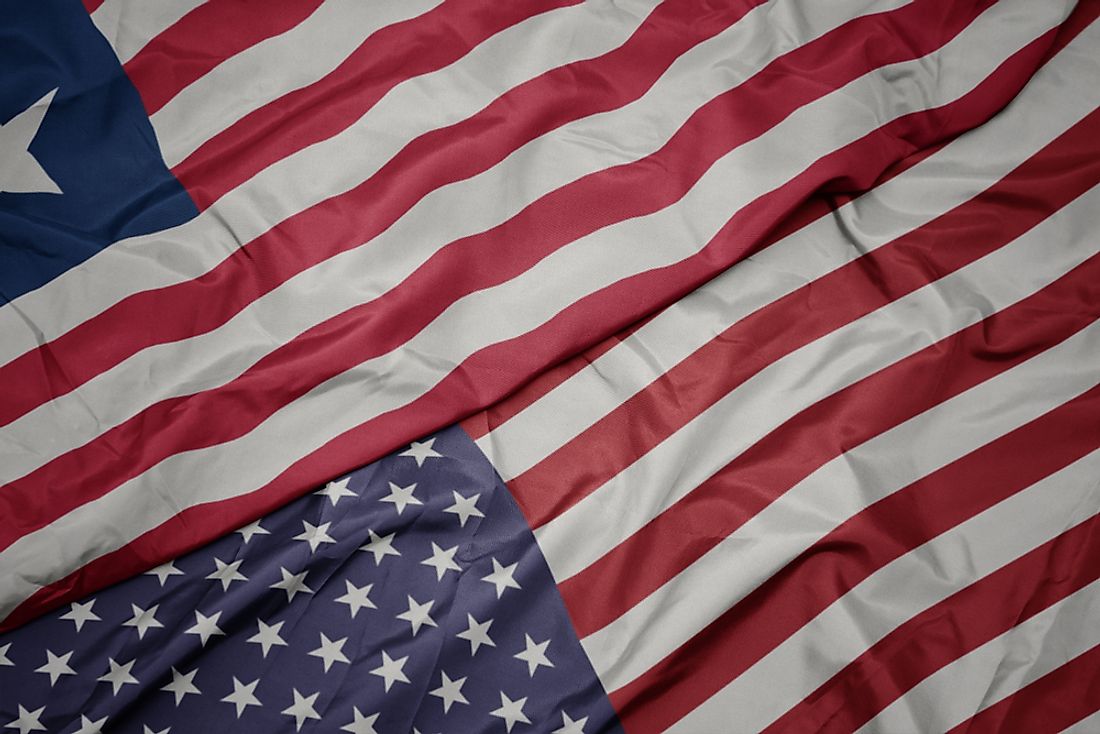Afghanistan is a democratic Islamic republic, meaning that Islamic Law guides the decisions of the executive, legislature, and judiciary. In the year 2004, Afghanistan had its first democratic elections where the people elected the president and other representatives through a popular vote. The executive president is the head of state and has two vice presidents. He appoints members of the Judiciary, the council of ministers, and provincial governors. Afghanistan has a bicameral National Assembly with the Meshrano Jirga (House of Elders) being the upper house and the Wolesi Jirga (House of the People) being the lower house.
Afghanistan has had democratic elections since the twentieth century. However, very few have been peaceful handovers as ethnic supremacists struggled for the control of the country. Since 2004, elections have been peaceful but not without significant irregularities. Citizens of eighteen years and above must register to vote in presidential and parliamentary elections. Since 2004, a president can only serve for two terms of five years each. In addition, the constitution set aside a number of seats for women, nomads and other minorities.
India funded the entire building of Afghan parliament in the center of Kabul. India’s Prime Minister Modi officially inaugurated the building, believed to be one of the best parliament buildings globally, in 2015. Describing the building as India’s gift of democracy to Afghanistan, Modi revealed that the building’s dome was the biggest in Asia. The president’s official residence (Presidential Citadel) is the Arg located in Wazir Akbar Khan in Kabul. The British Raj built this residence in 1880 on an 83-acre site.
Some political parties in Afghanistan include the Afghanistan United Nation Party, the National United Party of Afghanistan, the Solidarity Party of Afghanistan, and Hizb ut-Tahrir.
This page was last modified on May 1st, 2018
More on Graphicmaps

Published on 2019-11-06
What is a Trade Embargo?

Published on 2019-11-04
Which Two Countries Used to Have the Same Flag?

Published on 2019-09-16
What Is the Only Two-Sided State Flag?

Published on 2019-09-16
Which Country Flag Looks Like the Texas Flag?

Published on 2019-08-29
Flags That Resemble the US Flag

Published on 2019-08-20
